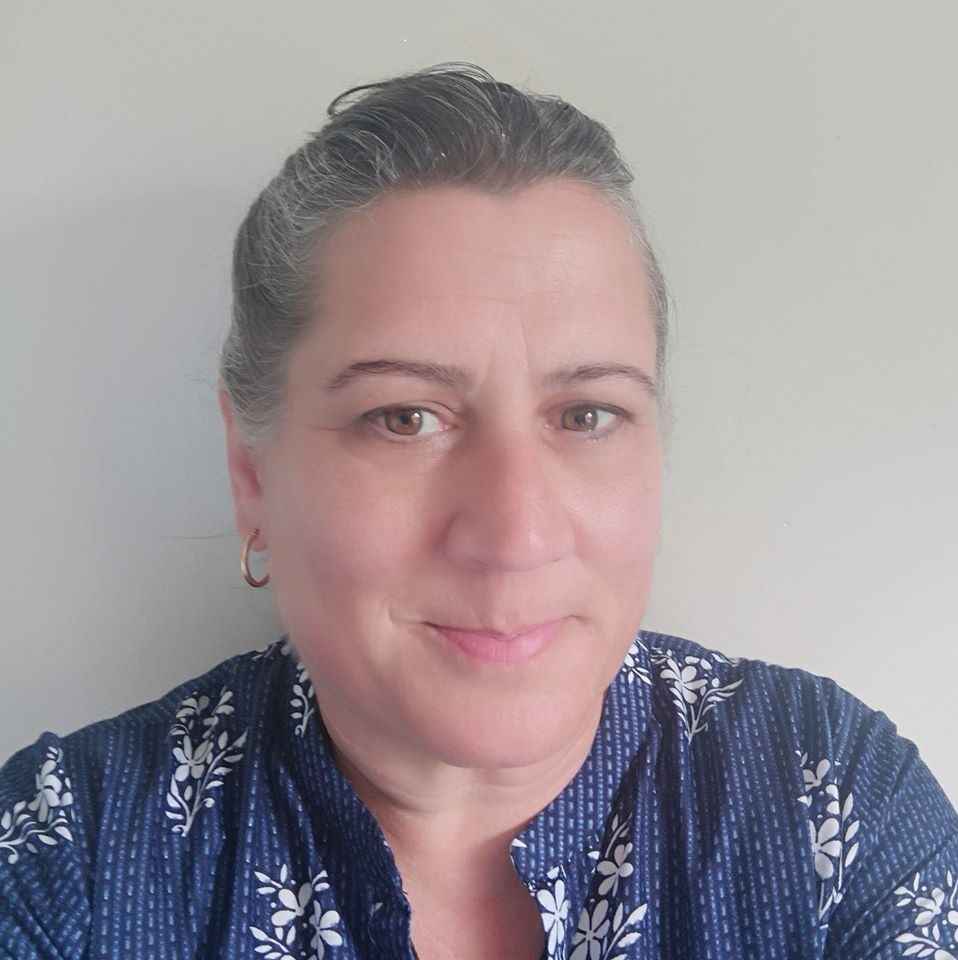“Friday, 1 October marks the day deadly cigarettes become a lot easier to obtain in Australia than safer nicotine vaping products,” says Nancy Loucas, Executive Coordinator of the Coalition of Asia Pacific Tobacco Harm Reduction Advocates (CAPHRA).
Australia’s Therapeutic Goods Administration (TGA) has expanded its prescription-only model with customs to clamp down at the border. This means no more personal importation of nicotine vaping liquids, via overseas websites, without a doctor’s prescription.

“It’s worse than medicalisation as very few doctors are registered with the TGA to prescribe. Australia’s 500,000 vapers are now expected to hunt down a willing doctor for a medical assessment and prescription. Many, undoubtedly, will return to the easier option of grabbing a packet of cigarettes. It’s sadly another dark day for Australia,” she says.
By further limiting access to safer nicotine products for its 2.3 million daily smokers, Australia has effectively joined a sad club of countries, including Thailand, India, and soon Hong Kong, which have banned vaping.
“Australia is now well down the world rankings when it comes to adopting effective Tobacco Harm Reduction (THR) policies.
It’s miles behand progressive countries like New Zealand, the United Kingdom, France, the Philippines, and even the United States and Canada. These counties openly acknowledge vaping’s key role in beating tobacco,” she says.

Ms Loucas says it makes no sense to effectively ban products that are 95% less harmful than cigarettes, when Australian smokers can buy a pack of cigarettes from any service station, supermarket or corner store on a whim. She predicts the move will only expand the already huge black market for nicotine vape liquids.
“The Lucky Country is not following international science or THR best practice. Instead, Australia is kowtowing to the poisoned advice of the World Health Organization (WHO). By condemning safer alternatives and ignoring mounting evidence, the WHO is doing its best to deny the world’s 1.1 billion smokers a safe escape,” says Ms Loucas.
CAPHRA notes that smoking rates have significantly fallen in countries supportive of vaping. In contrast, Australian smoking rates have almost flatlined since 2013, despite aggressive tobacco control policies.
Ongoing increases to tobacco excise have made it the fourth largest individual tax collected by Australia’s federal government at an estimated $15 billion last financial year.
“You don’t have to be a rocket scientist to see that blocking tobacco’s main rival will only help lift tobacco excise revenue for the Australian government,” she says.
CAPHRA says international evidence also discredits Australian Health Minister Greg Hunt’s claims that the ban will seek ‘to avoid an onramp for non-smokers, especially youth’. Yet the complete opposite happens: Vaping is no gateway to youth smoking, but a leading offramp for adult smokers.
Last year, Australia’s closest cousin, New Zealand, legalised and regulated vaping. Its overall smoking rate has fallen to a record low 12%. The country’s District Health Boards and Māori health vape-to-quit smoking programmes continue to achieve record results.
In contrast, Australia’s Senate Inquiry into Tobacco Harm Reduction last year heard from public health experts, tobacco treatment specialists and frontline health workers. They told the inquiry that a prescription-only model would never work and only drive vapers back to smoking. In the end, their evidence and experiences were completely ignored.

CAPHRA says startling research confirms Australia has sadly fallen into the hands of greed. It’s now clear American billionaires like Michael Bloomberg dictate not only the WHO’s health guidance, but Australia’s health policies.
In fact, over the past decade anti-tobacco billionaire foundations have funnelled millions into Asia Pacific NGOs to lobby governments to ban vaping and discredit vaping advocates.
To view the full findings and money trails, visit: http://24shareupdates.com/wp-content/uploads/2021/09/Clarisse-Virgino-Research-with-IRS-returns-98.pdf
Now live and boasting over 14,000 testimonials, CAPHRA is calling on those who’ve quit cigarettes through smoke-free nicotine alternatives to tell their story on www.righttovape.org
Consumer groups in the Asia Pacific region have also launched a petition at change.org/v4v-petition that urges the WHO to respect consumer rights and to stop demonizing Tobacco Harm Reduction options ahead of November’s meeting of the WHO FCTC.
For a free digital media repository on tobacco harm reduction in Asia Pacific – including media releases, images and graphics – please visit https://apthrmedia.org
About CAPHRA
The Coalition of Asia Pacific Tobacco Harm Advocates (CAPHRA) is a regional alliance of consumer tobacco harm reduction advocacy organisations. Its mission is to educate, advocate and represent the right of adult alternative nicotine consumers to access and use of products that reduce harm from tobacco use.



















